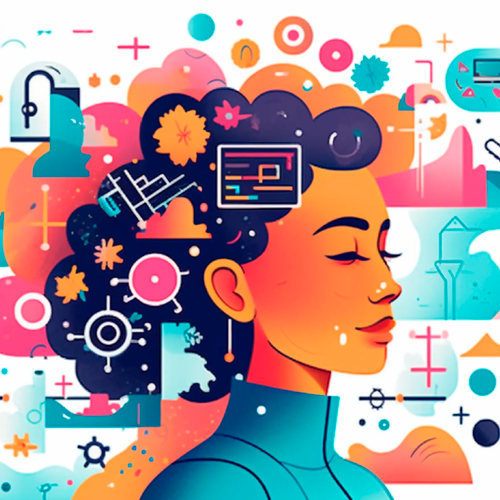Artificial Intelligence (AI) is revolutionizing industries across the globe, transforming the way we work and live. With its ability to automate tasks, analyze large datasets, and make decisions, AI promises to enhance productivity and innovation. However, it also poses significant challenges and opportunities for the workforce.
AI’s impact on the workforce is multifaceted. On one hand, AI can eliminate repetitive and mundane tasks, allowing employees to focus on more complex and creative endeavors. For example, AI-powered tools in customer service can handle routine inquiries, freeing up human agents to solve more sophisticated problems. Similarly, in manufacturing, AI-driven robots can perform high-precision tasks, increasing efficiency and reducing human error.
One of the major benefits of AI in the workplace is its potential to augment human capabilities. In many fields, AI acts as a powerful assistant, providing insights that humans might overlook. In finance, AI algorithms can analyze market trends in real-time, assisting traders in making informed decisions. In healthcare, AI can process vast amounts of patient data to suggest personalized treatment plans, aiding doctors in delivering better care.
However, the rise of AI also raises concerns about job displacement. Automation of routine tasks could lead to significant job losses in certain sectors, such as manufacturing, logistics, and data entry. To address this challenge, there is a pressing need for workforce reskilling and upskilling initiatives. By equipping workers with new skills that complement AI technologies, societies can ensure a smoother transition into an AI-driven future.
Education systems play a critical role in preparing the next generation for an AI-centric job market. Emphasizing STEM (Science, Technology, Engineering, and Mathematics) education, alongside critical thinking and problem-solving skills, will be essential. Moreover, lifelong learning and continuous professional development must become the norm as industries evolve rapidly.
AI also introduces ethical considerations in the workplace. Ensuring that AI systems are fair, transparent, and free from bias is crucial. Companies must adopt ethical AI practices and establish guidelines to prevent discriminatory outcomes in hiring, promotions, and task assignments. This includes regularly auditing AI systems to ensure they uphold fairness and accountability standards.
Despite these challenges, AI offers a wealth of opportunities for innovation and growth. By leveraging AI, businesses can create new job roles and industries that were previously unimaginable. For instance, AI has given rise to roles such as data scientists, AI ethics consultants, and machine learning engineers, each contributing to a rapidly expanding field.
In conclusion, AI is transforming the future of work, bringing both challenges and opportunities. While automation poses risks to certain jobs, the potential for AI to augment human capabilities and drive innovation is immense. By embracing reskilling initiatives, fostering ethical AI practices, and preparing the workforce for continuous learning, societies can harness the full potential of AI to create a more efficient, equitable, and prosperous future.





